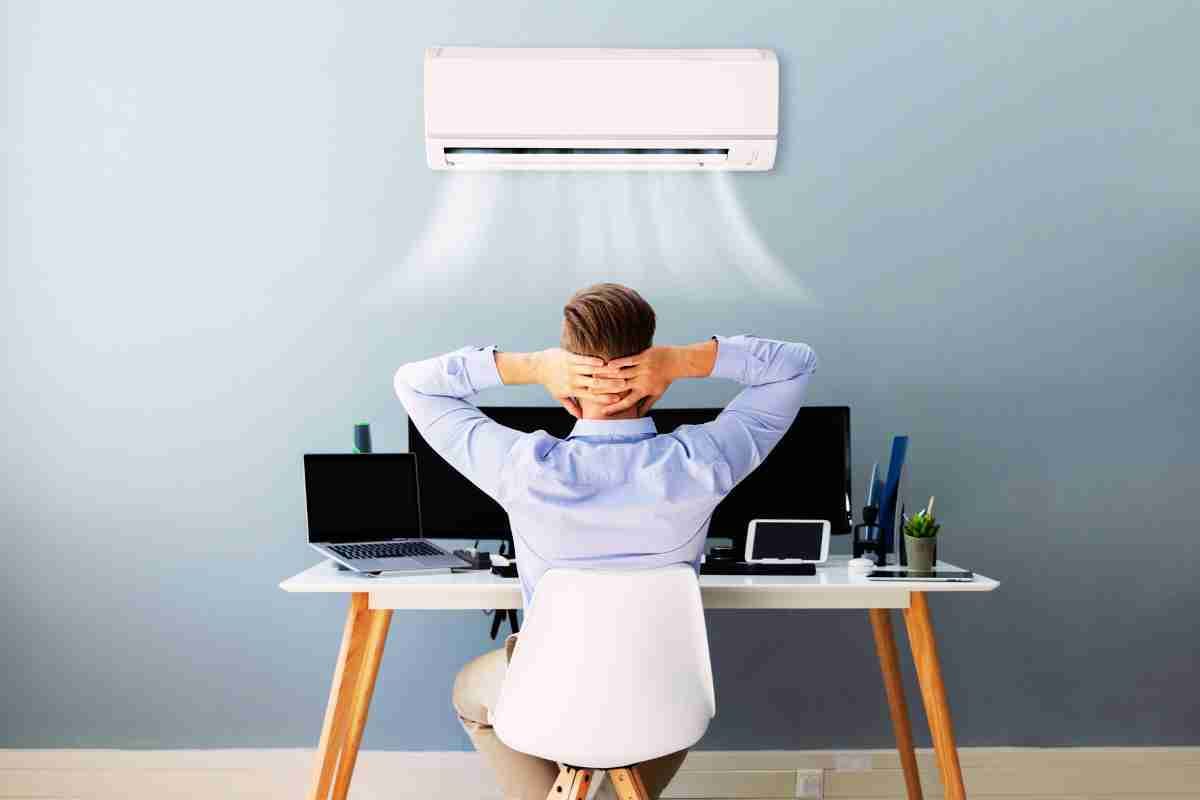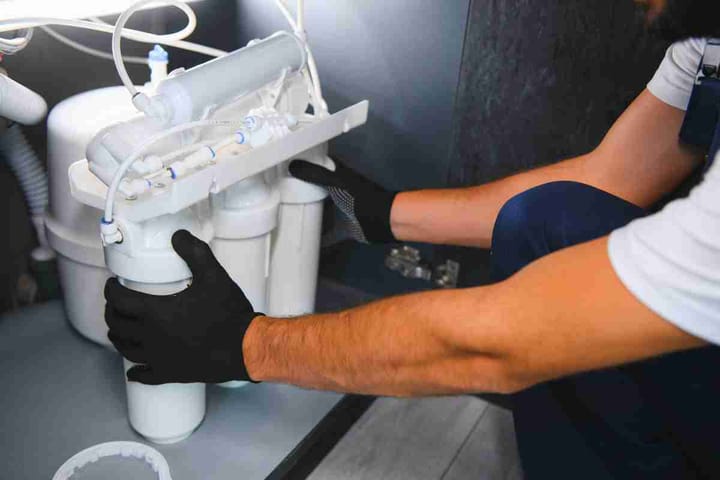Is Your HVAC System Quietly Telling You It's Done?
Silence can hide HVAC troubles. Learn the warning signs early to avoid costly breakdowns and extreme weather discomfort.

When it comes to your heating and cooling system, silence isn’t always golden. That quiet hum you barely notice most of the year might be masking the fact that your HVAC is limping along. It’s easy to overlook it until it suddenly stops working during the hottest week of August or the coldest morning in January. But the truth is, your HVAC gives off signals when it’s on its last legs—if you know what to look for.
Here’s how to spot the signs early and avoid those emergency calls, ice-cold showers, or waking up in a house that feels like a sauna with windows.
You’re Becoming the Thermostat Whisperer
If you find yourself constantly adjusting the temperature—bumping it up, dialing it down, circling back again—your HVAC might not be keeping up. It’s not you being picky. When a system starts losing its grip, it stops regulating temperature evenly across the house. One room feels like a freezer while another’s giving off desert vibes.
Even when the thermostat's set just right, old or struggling units can start losing steam. You might notice it runs longer than it used to or cycles on and off more often, all without getting the place comfortable. That’s not just annoying, it’s a red flag. HVAC systems are designed to reach your set temperature efficiently. When that stops happening, it's a sign the mechanics behind the scenes are faltering.
It’s Getting Louder—and Not in a Good Way
Old HVAC units have a way of becoming noisy roommates. Maybe it’s a clanking when the heat kicks on, a low rumble that wasn’t there last season, or a sudden screech that makes the cat bolt. If you’re hearing new or worsening sounds, something inside is off balance, worn out, or simply ready to retire.
This kind of racket can be caused by a failing blower motor, loose belts, or worn-out bearings. But more often than not, it’s a sign your system’s past its prime. Even if you’ve been following every tip in your HVAC maintenance guide, wear and tear still builds up over time. Parts age, components lose efficiency, and the whole unit ends up working harder than it should just to perform the basics.
Your Bills Are Creeping Up, Even When the Weather Isn’t Wild
You expect a spike in the dead of winter or peak summer. What you shouldn’t see is a slow, steady climb in energy costs that doesn’t match the season. If your utility bills keep going up, but your usage habits haven’t changed, it might be your HVAC quietly draining your wallet.
Older systems lose efficiency. It’s not immediate—it’s a gradual decline that sneaks up on you. They draw more energy to get the same results they once delivered easily. You’re basically paying for effort, not output. And no amount of tweaking or sealing windows is going to reverse that decline once it starts.
This is where a professional AC installation comes into play. Newer units are designed to use energy smarter, often cutting utility bills significantly right out of the gate. If your current system is more than ten years old and energy costs are becoming a monthly surprise, it may be time to stop throwing good money after bad.
You’re Calling the HVAC Tech More Than Your Own Mother
If your repair guy knows your dog’s name and favorite toy, that’s… not great. Frequent repairs are a flashing neon sign that your system is hanging on by a thread. A tune-up every year or two is expected, but when you're replacing a capacitor one month and a fan motor the next, it starts to add up.
Some homeowners think they’re stretching their investment by fixing each problem as it comes. But when you total the costs over a year or two, those repairs often exceed the price of a new unit. Worse, they’re usually Band-Aids, not real fixes. Aging systems tend to break in waves, so one part goes down and strains another until that one fails too. It’s a domino effect that’s not worth playing out.
At a certain point, replacing the system is the more cost-effective move, even if it feels like a bigger hit up front. You save on repair bills, reduce energy waste, and get the reliability you’re missing now.
The Air Quality’s Slipping and Nobody’s Allergies Have Changed
A declining HVAC system can’t filter and circulate air the way a healthy one can. That means more dust settling around your house, stale air that feels heavy, and rising humidity levels that seem to come out of nowhere. For anyone with allergies or asthma, this can become more than a minor nuisance. It can turn daily comfort into an uphill battle.
If you're running your system like always but your home just feels off—mustier, damper, or stuffier—it’s time to take a closer look. Filters alone can't compensate for deeper problems inside an aging HVAC unit. And let’s not forget, mold and mildew love damp, stagnant spaces. That’s exactly what a failing system creates.
Newer HVAC systems come with smarter air-handling features that maintain better humidity levels, improve airflow, and actually help your home feel cleaner. If your current setup is working against you instead of with you, replacing it isn’t just about comfort. It’s about your health and indoor air quality, too.
You’re Just Tired of Wondering When It’ll Finally Give Out
There’s something mentally exhausting about not trusting your HVAC. You listen to every noise, brace for the next breakdown, and mentally budget for another midseason repair. Eventually, the stress of waiting for the next issue becomes its own kind of expense.
Peace of mind isn’t some fluffy concept. It’s real value. Knowing your system will turn on and do its job, day or night, without drama—especially when the weather takes a turn—is worth a lot. If you’re at the point where you’re crossing your fingers every time the thermostat clicks, that’s your gut telling you it’s time.
You don’t have to wait for a complete system crash to justify replacing it. Trust your instincts. You know your home better than anyone. When your HVAC stops being a background player and starts taking center stage for all the wrong reasons, the writing’s already on the wall.
Let’s Call It What It Is
Sometimes it’s not about a single symptom but the overall shift in how your home feels. Drafty one day, muggy the next. Noisy. Expensive. Unreliable. It all adds up. HVAC systems aren’t designed to last forever, and pushing them past their limits rarely pays off. Replacing yours might feel like a big leap, but what you’re really doing is giving yourself a quieter, cleaner, more comfortable space to live in—without the constant guesswork. And that’s worth making the call.




Comments ()